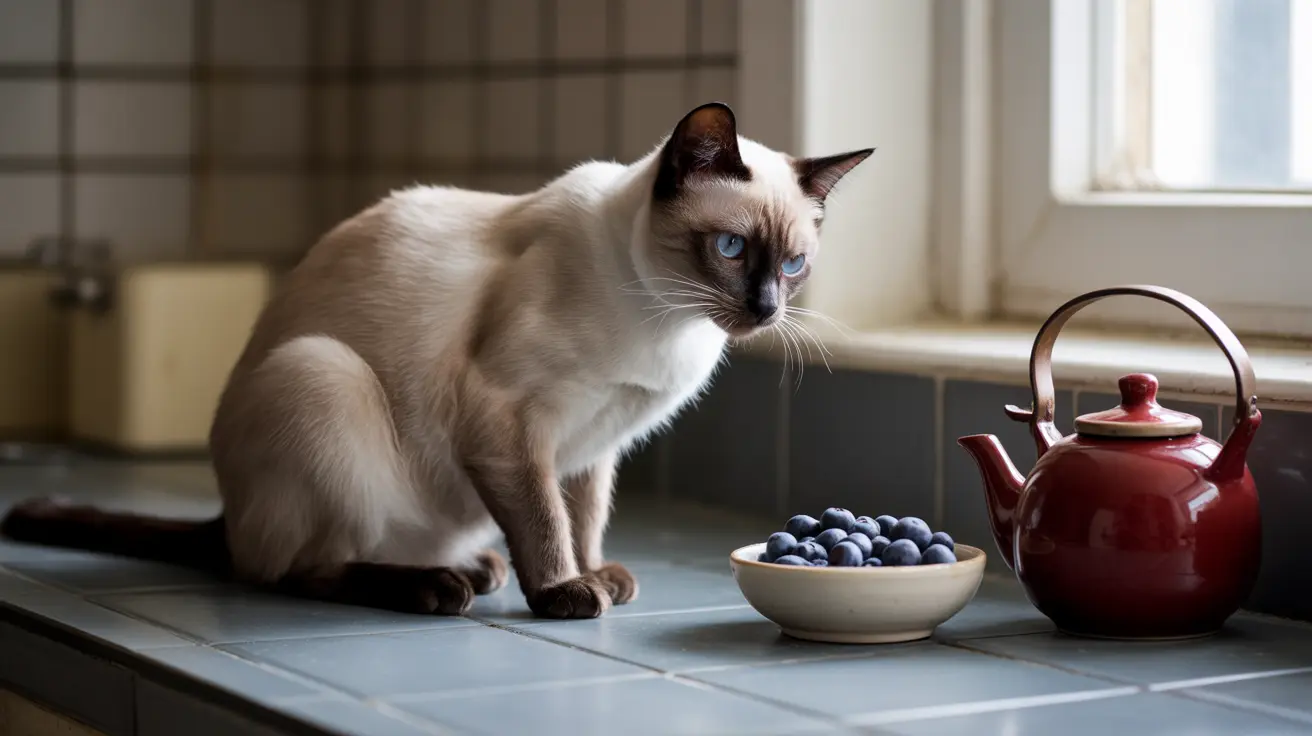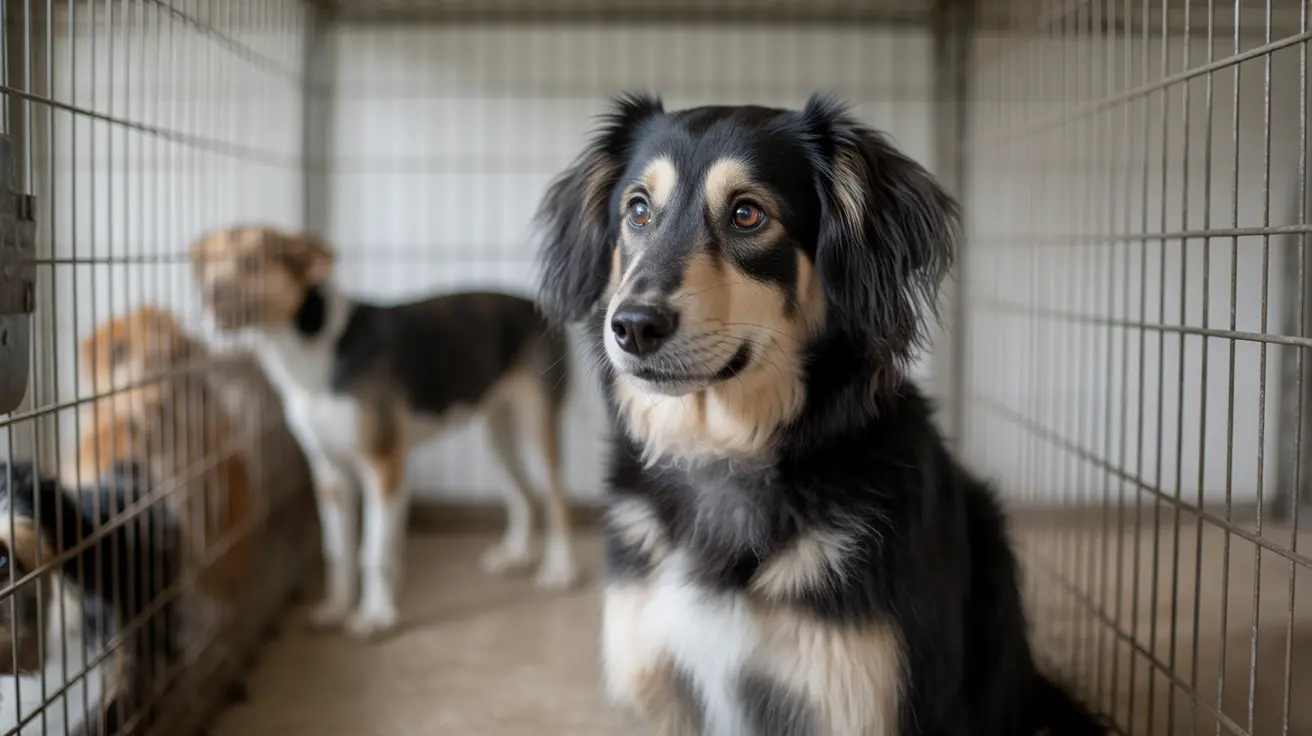As a responsible pet owner, you might wonder about the safety of sharing human snacks with your feline friend. When it comes to cashews, the answer is not as straightforward as you might think. While these nuts aren't immediately toxic to cats, they pose several significant health risks that pet owners should carefully consider.
In this comprehensive guide, we'll explore why cashews are not a recommended treat for cats and what potential dangers they might present to your furry companion's health.
Potential Health Risks of Cashews for Cats
Digestive System Challenges
Cats have a unique digestive system designed primarily for processing meat-based proteins. Unlike humans, they struggle to metabolize high-fat foods like cashews. Consuming these nuts can lead to several digestive complications, including:
- Sudden onset of vomiting
- Diarrhea
- Potential weight gain
- Long-term digestive tract stress
Sodium and Salt Concerns
Many cashews are salted or seasoned, which introduces another layer of risk for cats. Excessive sodium intake can be extremely dangerous, potentially causing:
- Sodium ion poisoning
- Kidney stress
- Electrolyte imbalances
- Dehydration
Potential Toxin Exposure
Cashews can harbor dangerous mold-producing toxins called aflatoxins. These compounds can cause severe gastrointestinal issues and, in some cases, neurological problems in cats. Even small amounts of contaminated nuts could pose a significant health threat.
Nutritional Incompatibility
While cashews might seem nutritious to humans, they offer virtually no nutritional benefit to cats. Felines require a meat-based diet rich in animal proteins, and plant-based foods like nuts cannot meet their dietary needs.
Allergic Reactions
Some cats might experience allergic reactions to cashews, which could manifest as:
- Skin irritation
- Swelling
- Respiratory difficulties
- Gastrointestinal distress
What to Do If Your Cat Consumes Cashews
If your cat accidentally ingests a small piece of cashew, monitor them closely. While a single nut is unlikely to cause serious harm, watch for signs of digestive upset or allergic reaction. When in doubt, always consult your veterinarian.
Frequently Asked Questions
Can cats eat cashews safely, or are they toxic to felines?
Cashews are not technically toxic, but they are not safe or recommended for cats. The high fat content, potential for sodium poisoning, and lack of nutritional value make them a poor choice for feline treats.
What happens if my cat accidentally eats a cashew?
A single cashew is unlikely to cause severe harm, but monitor your cat for signs of digestive upset, vomiting, or allergic reactions. Contact your veterinarian if you notice any concerning symptoms.
Are raw or salted cashews worse for cats?
Salted cashews are more dangerous due to high sodium content. Raw cashews still pose risks from high fat and potential mold toxins, making neither option suitable for cats.
Can cats have cashew milk or other nut-based products?
No, cats should not consume cashew milk or any nut-based products. These alternatives are high in fat and offer no nutritional benefits to cats.
Why are high-fat foods like cashews bad for cats?
Cats have digestive systems designed for meat-based proteins. High-fat foods can cause obesity, digestive issues, and potential long-term health complications.
The bottom line: stick to cat-specific treats and always prioritize a balanced, veterinarian-recommended diet for your feline companion.






